Binance Country Restriction Checker
Where You Can’t Use Binance in 2025
If you’re trying to trade crypto on Binance and got locked out, you’re not alone. Millions of users worldwide hit a wall when Binance blocks access - not because of a technical glitch, but because of government rules. As of October 2025, Binance restricts services in over 70 countries. Some are completely banned. Others let you trade spot crypto but block futures, lending, or even deposits. This isn’t random. It’s a direct result of regulatory crackdowns, fines, and compliance failures.
Complete Bans: Six Countries Where Binance Is Fully Blocked
These six places have no access to Binance at all - not even to check your balance. The restrictions aren’t new. They’ve been in place for years because of international sanctions.
- Cuba: Banned since Binance launched in 2017 due to U.S. sanctions.
- Iran: Added in 2018 after OFAC sanctions tightened.
- Syria: Also under U.S. sanctions since 2018.
- North Korea (DPRK): Blocked since 2018 due to links to cybercrime and money laundering.
- Crimea (Ukraine): Restricted since 2019 after Russia’s annexation.
- Non-government-controlled areas of Ukraine: Added in 2022 after the full-scale invasion.
Binance doesn’t negotiate here. If you’re physically in one of these places, your account will be frozen. Even using a VPN won’t help - the system detects your location through GPS, SIM card, and IP address. Attempting to bypass this can lead to permanent account termination.
Full Crypto Bans: 12 Countries Where All Exchanges Are Illegal
These countries don’t just target Binance - they ban all cryptocurrency trading. Even holding crypto can be risky here.
- Afghanistan: Taliban decree since 2022.
- Algeria: Finance Law 18-04 since 2018.
- Bangladesh: Digital Security Act 2018.
- Bolivia: Central Bank Circular 001-2014.
- China: Full ban on trading and mining since September 2021. (Hong Kong and Taiwan operate separately.)
- Egypt: Central Bank ruling in 2020.
- Iraq: Central Bank warning in 2022.
- Kuwait: Central Bank Circular 7/2022.
- Morocco: Foreign Exchange Regulations since 2017.
- Nepal: Nepal Rastra Bank directive in 2017.
- North Macedonia: Ban enacted in 2023.
- Tunisia: Banned since 2018.
In these countries, even accessing Binance’s website can trigger legal risks. Banks monitor transactions for crypto-related activity. Users who’ve tried to trade here report bank account freezes and police inquiries.
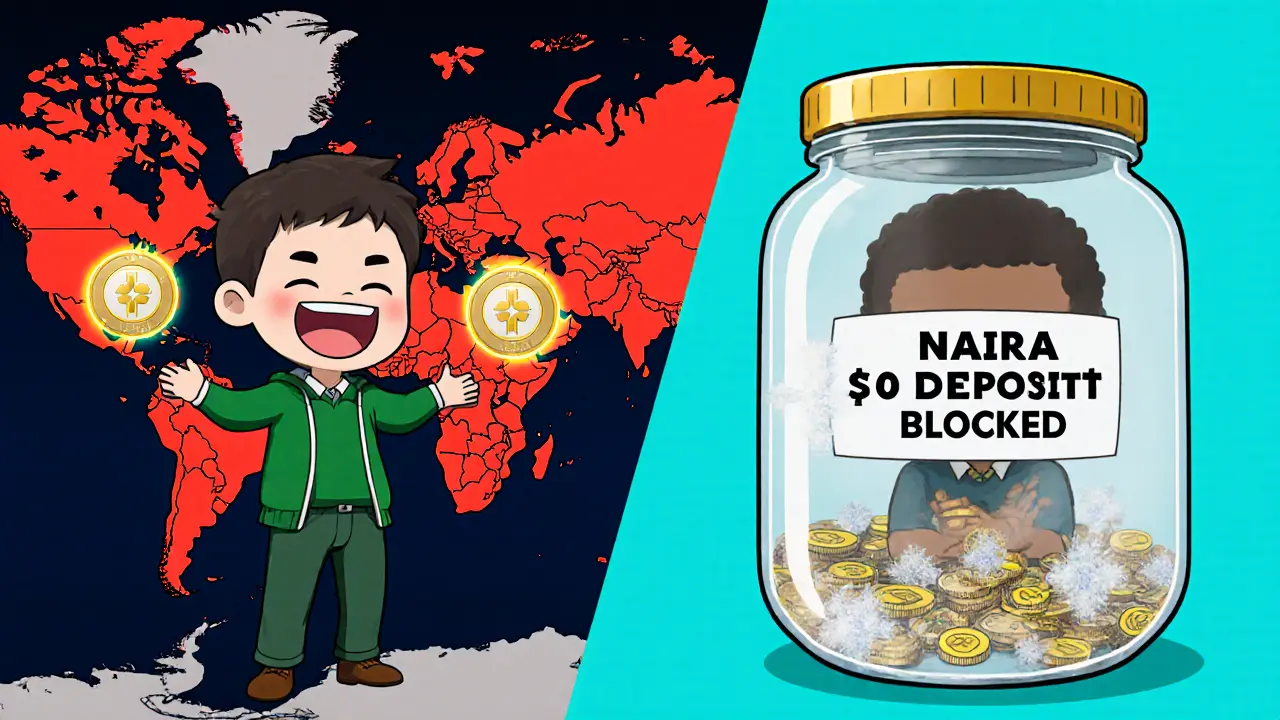
Partial Restrictions: 52 Countries with Limited Access
This is where things get messy. Binance still operates here - but only in a stripped-down form. You might be able to buy Bitcoin, but not trade futures. You can deposit fiat, but not withdraw it. Or you can trade, but only with certain coins.
- United States: Binance exited in 2019. U.S. users must use Binance.US, which only works in 51 states. New York residents are completely blocked. Withdrawals in Oregon take up to 72 hours.
- United Kingdom: FCA revoked Binance’s license in February 2023. No futures, no lending, no staking. Spot trading still works, but with heavy warnings.
- Netherlands: Binance exited in July 2023 after a €3.3 million fine. No deposits, no trading.
- Canada: Binance Canada shut down in October 2023. CAD deposits blocked since February 2024. Fined CAD$6 million in March 2024.
- Nigeria: Operations suspended in February 2024 after the SEC declared Binance illegal. Naira deposits frozen. Over 1.2 million Nigerian users lost access overnight.
- Belgium: Operations halted in June 2023 after FSMA order.
- Australia: Futures trading suspended in July 2024 by ASIC. Spot trading still allowed.
- Japan: Registered but under heavy restrictions since 2018. Only 12 coins allowed for trading.
- India: No outright ban, but tax rules make trading complicated. 30% tax on crypto gains since 2022.
Users in these countries often find themselves stuck. They can log in, but can’t trade the assets they want. Some switch to local exchanges like CoinDCX (India) or Bitso (Latin America). Others use peer-to-peer platforms like Paxful or LocalBitcoins - but those come with higher risks and no customer support.
Service-Specific Blocks: What You Can’t Do Where
Binance doesn’t just block countries - it blocks features. Here’s what’s restricted across the board.
- Futures Trading: Banned in 44 countries, including all 27 EU nations, UK, Canada, Australia, Switzerland, and the U.S. This is due to MiCA regulations in Europe, which require explicit licensing for derivatives.
- Lending & Staking: Disabled in the UK, Canada, and Australia. These are seen as unregistered securities by regulators.
- Web3 Wallet: Restricted in 12 countries including New Zealand (since Sept 2024), Malaysia (Jan 2025), Singapore (Aug 2024), and Thailand (March 2025).
- Fiat Deposits: Blocked in Nigeria (Naira), Canada (CAD), and the UK (GBP) for spot trading.
Some users think switching devices or networks will fix this. It won’t. Binance’s system checks your location in real time. Even if you’re on a U.S. IP while in Canada, your account will flag you.
Why Binance Got Restricted: The Regulatory Crackdown
Binance didn’t get banned because it’s evil. It got banned because it ignored rules for too long.
In 2024, Binance settled with the U.S. SEC for $4.3 billion - the largest crypto fine in history. The SEC accused Binance of operating as an unregistered exchange, broker, and clearinghouse. They also said Binance failed to verify 98.7% of high-risk transactions in Canada, leading to a $4.32 million fine.
Europe’s MiCA regulations, effective December 2024, forced Binance to choose: comply or leave. Most of Europe chose to leave. The Netherlands fined them €3.3 million. Belgium shut them down. The UK revoked their license. Australia banned futures.
The Financial Action Task Force (FATF) also played a role. Their 2024 “greylist” of 23 high-risk countries forced Binance to cut ties with Jordan, Uganda, and Morocco. These countries didn’t ban crypto - Binance left because they couldn’t meet AML requirements.
By 2025, Binance had invested $1.2 billion in compliance - up from $320 million in 2023. They created 14 regional entities: Binance Japan, Binance Middle East, Binance Africa. But these aren’t full replacements. They’re legal shells to avoid fines - not portals for users.
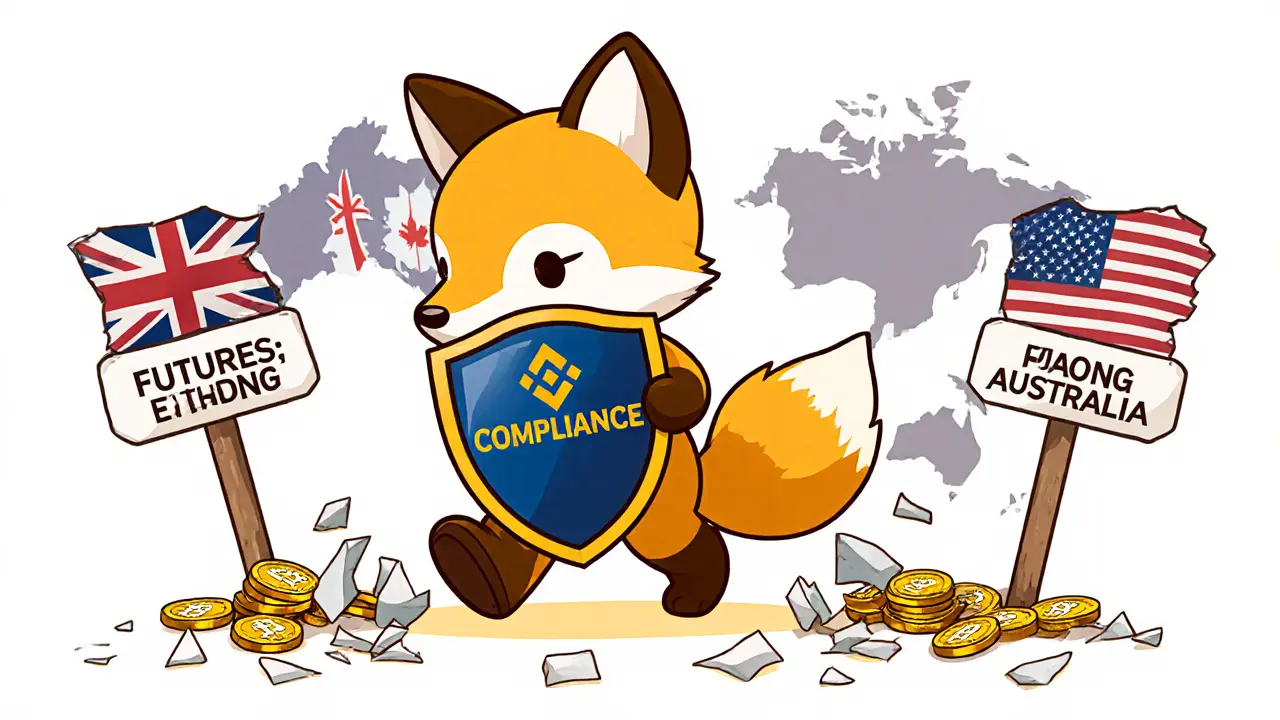
What Happens When You’re in a Restricted Country
Users in restricted zones report the same problems over and over:
- Sudden account freezes: No warning. No explanation. Just locked out.
- Funds trapped: You can’t withdraw. You can’t trade. Your crypto is stuck.
- VPN bans: Binance actively blocks known VPN IPs. If you use one, your account may be flagged.
- Longer verification: In high-risk countries like Turkey or Vietnam, video KYC adds 3.2 business days to account setup. In low-risk countries, it takes under an hour.
- Poor support: Help center articles for restricted countries are only 41% complete. Users in Nigeria said 83% received no notice before their accounts were frozen.
Reddit and Trustpilot are full of angry users. One user from Serbia wrote: “I had $45,000 in BTC. One day, it vanished. No email. No call. Just ‘Account terminated.’” Another from Bosnia: “I used Binance for 5 years. Now I can’t even log in. I’m not a criminal.”
What You Can Do If You’re in a Restricted Country
There’s no magic fix. But here’s what works for real people:
- Check Binance’s official country list: Go to Binance’s support page and search for your country. Don’t rely on forums.
- Use a licensed local exchange: In India, use CoinDCX. In Nigeria, try Luno. In Latin America, try Bitso. These are regulated and safer.
- Try peer-to-peer (P2P): Platforms like Paxful and LocalBitcoins let you trade directly with others. Watch out for scams.
- Don’t use a VPN to bypass restrictions: It violates Binance’s Terms of Service. You’ll get banned - and your funds could be frozen permanently.
- Keep records: If your account is frozen, save screenshots, transaction IDs, and emails. Some users have recovered funds through legal channels.
There’s no way around regulation. The world is moving toward licensed, transparent exchanges. Binance is adapting - but not for you if you’re in a restricted zone.
What’s Next for Binance?
Binance’s market share dropped from 63% in 2021 to 41% in 2025. Coinbase, Kraken, and regional players are filling the gap. Analysts predict Binance will need to get licenses in 65% of its former markets by 2027 - a cost of over $200 million a year.
They’re setting up “regulatory sandboxes” in 9 emerging markets. But these won’t restore full services. They’re testing grounds - not lifelines.
For now, Binance is still the biggest exchange. But only if you’re in the right country.
Can I still use Binance if I’m in a restricted country with a VPN?
No. Binance actively blocks VPNs and detects location through GPS, IP address, and SIM card data. Using a VPN violates their Terms of Service and can lead to permanent account termination. Even if you get in, your funds may be frozen without warning.
Why was Binance banned in Nigeria?
Nigeria’s Securities and Exchange Commission (SEC) declared Binance illegal in September 2023, citing unlicensed operations and failure to comply with local financial laws. In February 2024, Binance suspended all services there. Naira deposits were frozen, and over a million users lost access. The SEC also detained executives linked to Binance’s local operations.
Is Binance.US the same as Binance?
No. Binance.US is a separate company, created after Binance exited the U.S. market in 2019. It has fewer coins (only 130 vs. 350+), higher fees, and stricter rules. New York residents can’t use it at all. Withdrawals take longer, and futures trading isn’t available.
What countries allow Binance futures trading in 2025?
Futures trading is only available in a few countries with full regulatory approval: Hong Kong, UAE (ADGM), Bahrain (CBB), Singapore, Switzerland, Japan, and Malta. All EU countries, the UK, Canada, Australia, and the U.S. are banned from futures trading due to MiCA and other regulations.
Can I withdraw my crypto if Binance blocks my country?
If your account is still active, you can withdraw crypto to an external wallet. But if your account was frozen or terminated, you may not be able to access your funds. Contact Binance support immediately with your transaction IDs. Some users have recovered assets through legal channels, but it’s rare and slow.
Why does Binance block some countries but not others?
Binance blocks countries based on local laws and regulatory pressure. Countries with strong anti-crypto laws (like China or Algeria) get full bans. Countries with strict AML rules (like the UK or Canada) get partial bans. Binance only stays where it can legally operate - and avoids places where fines or jail time are possible.
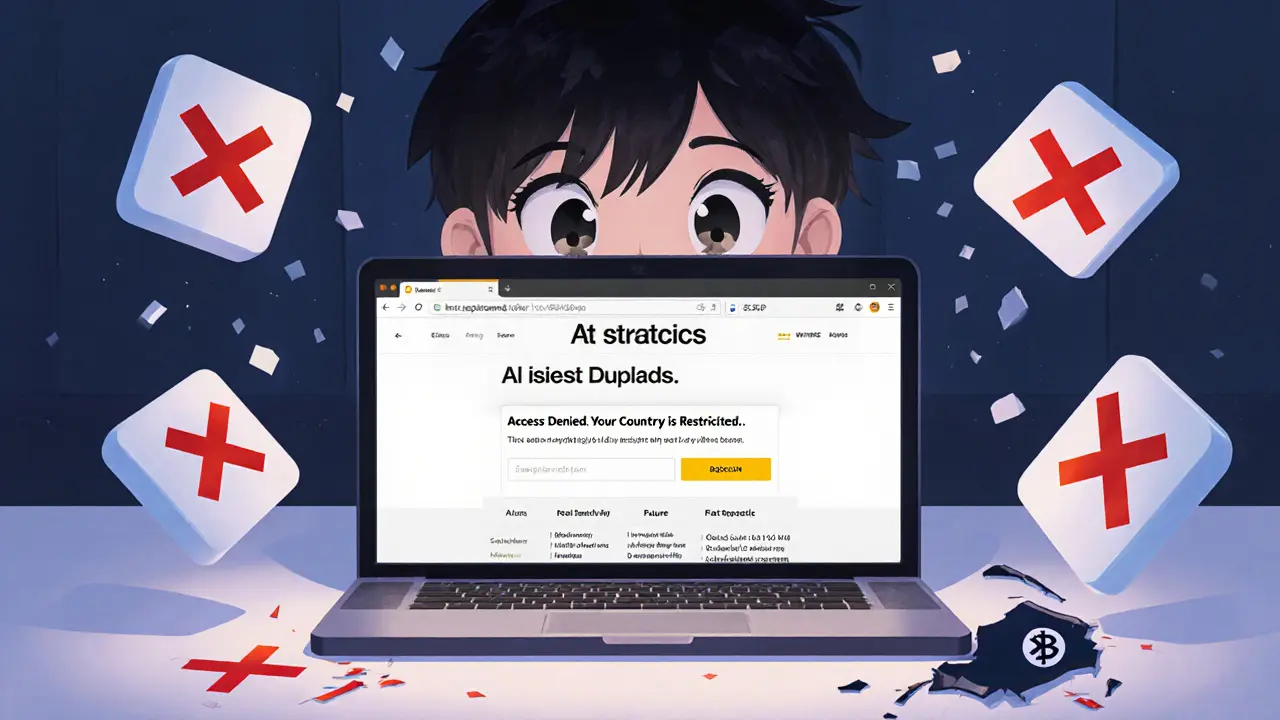
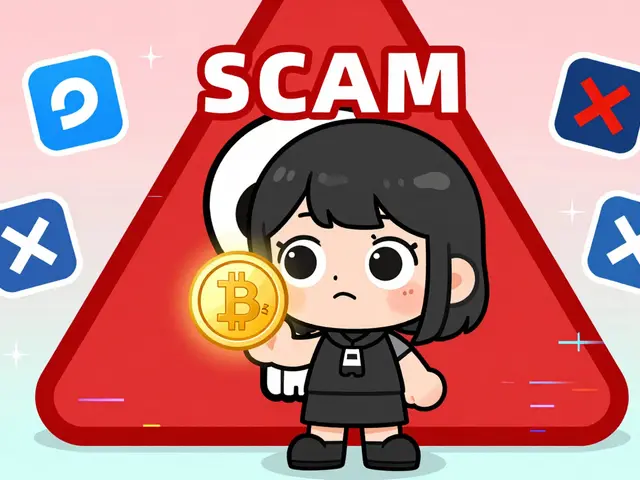
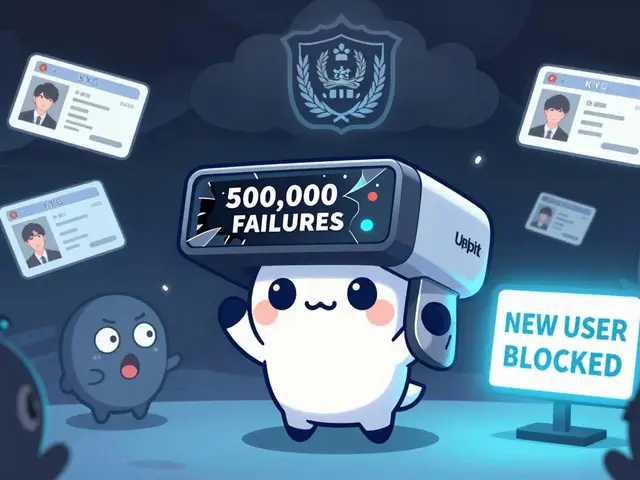

Angie Martin-Schwarze
November 5, 2025 AT 01:23Janna Preston
November 6, 2025 AT 03:10Fred Kärblane
November 7, 2025 AT 15:40Meagan Wristen
November 8, 2025 AT 02:48Becca Robins
November 8, 2025 AT 15:34Alexa Huffman
November 9, 2025 AT 10:30Arjun Ullas
November 10, 2025 AT 00:48Steven Lam
November 11, 2025 AT 20:53Noah Roelofsn
November 13, 2025 AT 00:30Sierra Rustami
November 13, 2025 AT 06:52Glen Meyer
November 14, 2025 AT 12:39Ryan McCarthy
November 16, 2025 AT 02:29Kyung-Ran Koh
November 17, 2025 AT 00:28Tara R
November 18, 2025 AT 17:54Matthew Gonzalez
November 19, 2025 AT 21:11Michelle Stockman
November 20, 2025 AT 19:47Alexis Rivera
November 20, 2025 AT 22:18Eric von Stackelberg
November 22, 2025 AT 15:22Emily Unter King
November 24, 2025 AT 07:33Vivian Efthimiopoulou
November 24, 2025 AT 11:17